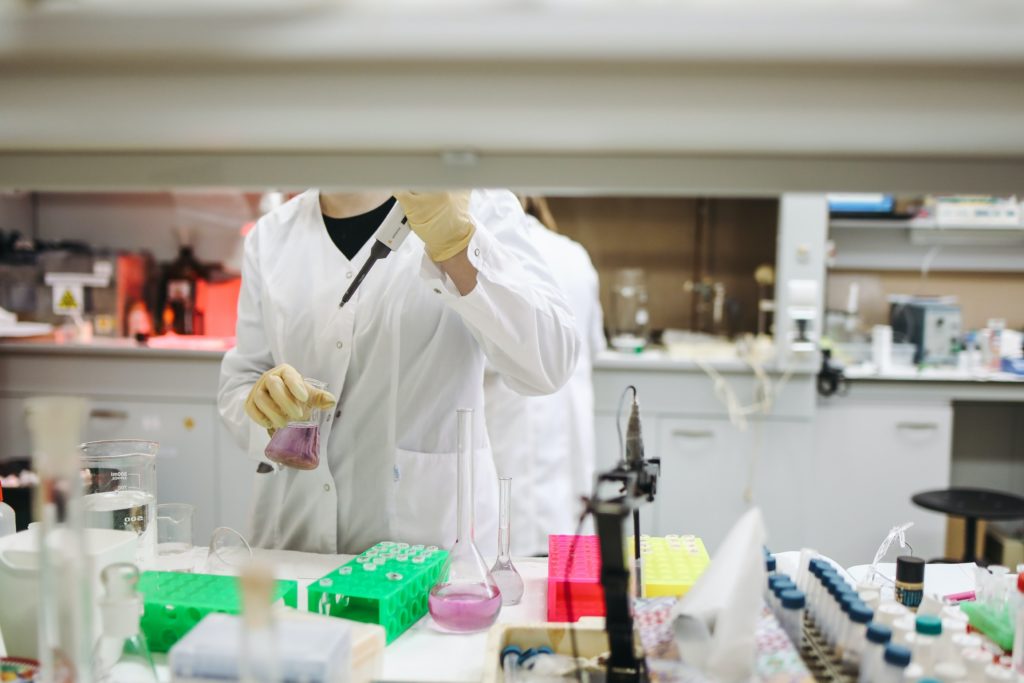One of the frontrunner vaccines in Australia has been abandoned after trial participants tested positive for HIV.
The Australian government had a deal in place to procure 51-million doses of the vaccine in question, which is being developed by Australian firm CSL and the University of Queensland (UQ), according to the BBC.
CSL and UQ both stressed that the positive HIV results were false – adding that the trial participants’ health was not at risk.
The Australian government indicated that it would turn to other manufacturers’ vaccines in order to fill the void and has entered an agreement for the Novavax vaccine and increased its standing order of the Oxford/AstraZeneca vaccine.
So, what exactly went wrong with the UQ/CSL vaccine?
The vaccine, which had been in Stage One trials, was proven to be effective at making antibodies. However, it also generated HIV antibodies in some trial participants – which is why they produced false positive test results for HIV. Upon further testing, it was revealed that HIV was not present in these vaccine recipients’ bodies.
The trial was abandoned, as it would take approximately one year to fix the flaw, according to CSL and UQ.
“It was likely to work. But we knew that we didn’t want to have any issues with confidence, and this false-positive test may have caused some confusion and lack of confidence,” said the secretary of Australia’s health department, Brendan Murphy.
“While this is a tough decision to take, the urgent need for a vaccine has to be everyone’s priority,” said vaccine co-lead, Paul Young.
Australia’s Minister of Health told journalists that the country still had access to 140 million units of COVID-19 vaccines, which is more than enough to service the country’s population of 25 million people, according to the New York Times.
The locally developed vaccines were expected to cost the country roughly $750 million (R11 244 862 500).
John P. Moore, an immunologist, told the Times that the Australian debacle was an “honest error” that cost money, but not human lives.
“I’m sure a lot of people are very embarrassed by it,” he said. “It’s not great to be associated with a mistake like this. But when you are running at 90 miles an hour, sometimes you trip.”
On December 8, the first British person received a dose of the Pfizer-BioNTech vaccine, as the United Kingdom began its mass vaccination programme.
On Friday, December 11, the United States’ Food and Drug Administration (FDA) approved of the Pfizer vaccine, allowing shipments to officially begin.
Picture: Pexels

